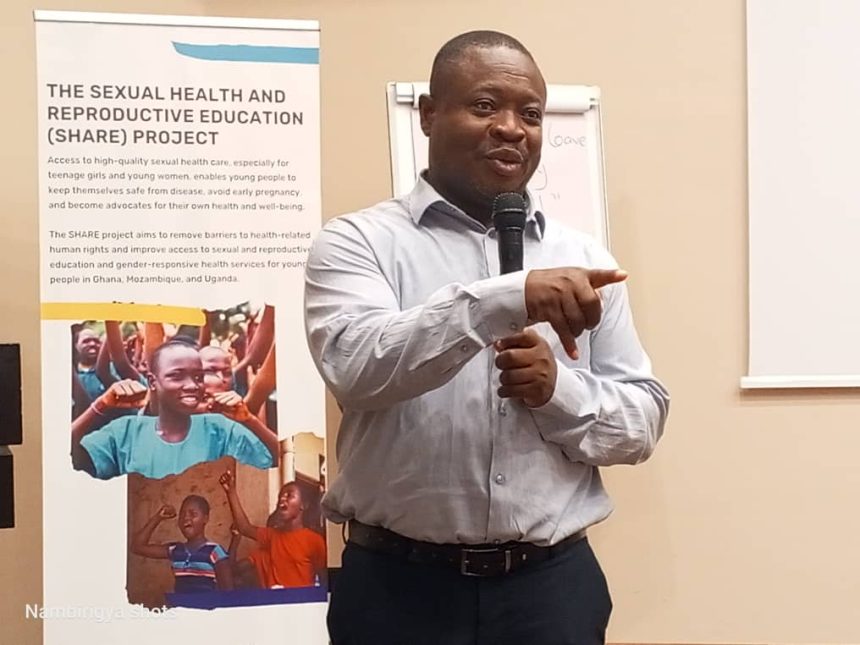The National Coordinator of the Forum for African Women Educationalists (FAWE Ghana), Richard Amoani, is calling for urgent reforms to improve access to tertiary education, especially for students outside traditional support systems.
Speaking at a panel discussion during the 20th anniversary celebration of the Students Financial Aid Office (SFAO), themed “Equity and Access in Higher Education: Challenges and Opportunities,” Amoani said financial aid must extend beyond academic institutions to reach underserved youth.
”What are we going to do to ensure that thousands and millions of people outside the confines, who cannot even afford to buy College of Education forms, will have access to higher tertiary education?” he asked.
He proposed a partnership with the government to eliminate the cost of application forms as part of a broader push for equitable access.
”One of the ways is to negotiate with the government of Ghana to ensure that, moving forward with the no-stress fees policy, admission forms will be made free for all. Only then can we truly offer equal access.”
Amoani also outlined FAWE Ghana’s continued engagement with senior high schools to raise awareness among boys and girls about available support systems that can help them pursue further education.
In an touching moment, Amoani reflected on the struggles of students who fall short of entry requirements. He cited the example of a colleague who, despite poor SSCE results, received an international scholarship in 2018 that changed his life.
”What happens to them? What would have happened if he didn’t get that opportunity?” he asked.
He announced that FAWE Ghana is in talks with the Ghana Tertiary Education Commission to create a “third pathway” for students who do not meet standard academic requirements but show promise.
”We are currently engaging with the Ghana Tertiary Education Commission to create a third pathway for young people who could not make the required grade to access tertiary education.”
-
Story by Edward Chika Ahiakwo|univers.ug.edu.gh
Edited by Michelle Lartey

